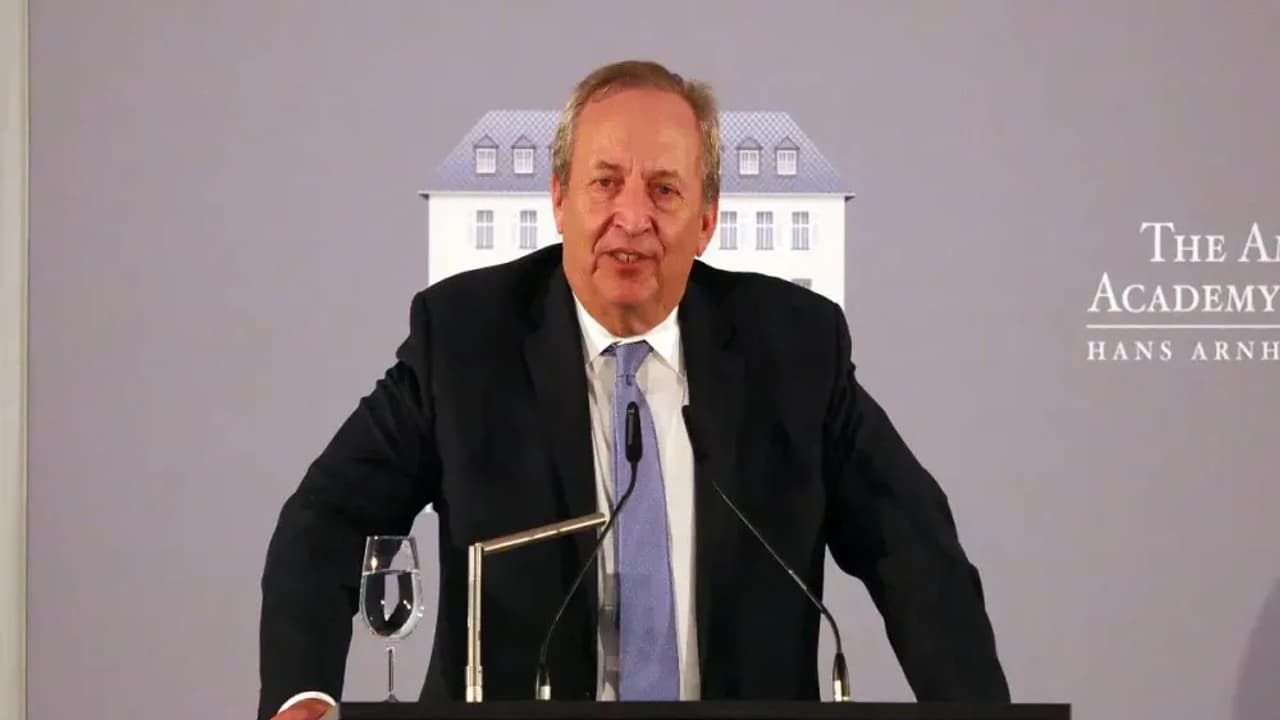Summers also countered Treasury Secretary Scott Bessent’s view that bond yield at the shorter end of the curve indicates the Fed should cut interest rates.
Former Treasury Secretary Lawrence Summers believes that if the Federal Reserve decides to reduce policy rates at the upcoming meeting, it would be a grave error.

“It would have been a grave mistake to have eased already, and would be a very serious error to ease at this upcoming meeting,” Summers told Bloomberg Television.
Summers also noted that a rate cut in the May policy would undermine confidence in the central bank’s determination to rein in inflation, leading to a rise in longer-term borrowing costs.
According to the CME FedWatch Tool, traders have factored in that the Fed will maintain a status quo policy in May but expect the central bank to announce a 25-basis-point rate cut in June.
After that, the Fed is expected to make a 25-basis-point reduction in July, September, and December this year.
Summers also countered Treasury Secretary Scott Bessent’s view that bond yield at the shorter end of the curve indicates the Fed should cut interest rates. "We are seeing that two-year rates are now below fed funds rates, so that's a market signal that they think the Fed should be cutting," Bessent told Fox Business.
Indeed, the two-year yield was trending close to 3.67% on Thursday, lower than the effective federal funds rate of 4.33%. The central bank’s policy rate currently stands in the range of 4.25% to 4.50%.
Summers said it is analytically unsound to reason from the two-year yield’s level to what the Fed should do.
“I haven’t studied Secretary Bessent’s comments closely, but if he was making comments that could reasonably be interpreted as being prescriptive with respect to the Fed, that seems like a quite unusual choice for a Treasury secretary — and a problematic choice as well,” he said, according to Bloomberg.
The bond market has been a topic of discussion for the past few weeks, following a meltdown in early April driven by the Trump administration’s tariff policies.
President Trump had imposed sweeping tariffs on trading partners in April but later announced a 90-day pause.
Trump told Time Magazine that the rout in the bond market did not influence his decision to grant the 90-day pause.
“I wasn’t worried,” he told Time Magazine in an interview. “No, it wasn’t for that reason. I'm doing that until we come up with the numbers that I want to come up with. I've met with a lot of countries. I've talked on the telephone. I don’t even want them to come in.”
On Thursday, benchmark U.S. indices recorded significant gains. The SPDR S&P 500 ETF Trust (SPY), which tracks the S&P 500, traded 1.29% higher in Thursday’s pre-market session, while the Invesco QQQ Trust, Series 1 (QQQ), which tracks the Nasdaq Composite, was up 1.87%.
The iShares 7-10 Year Treasury Bond ETF (IEF) traded 0.37% lower by Thursday afternoon.
For updates and corrections, email newsroom[at]stocktwits[dot]com.<
